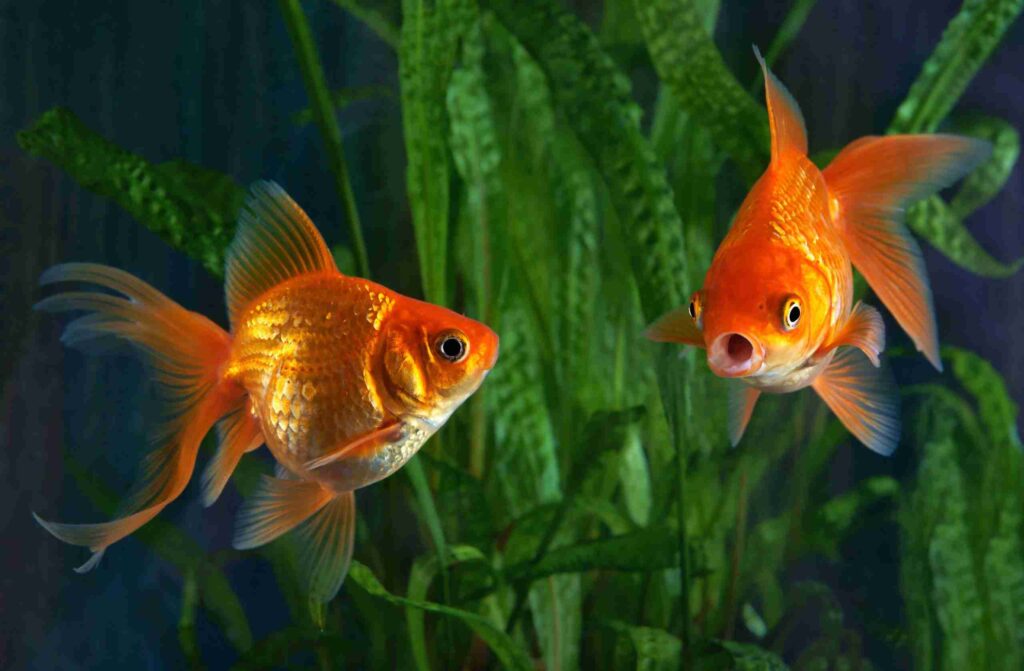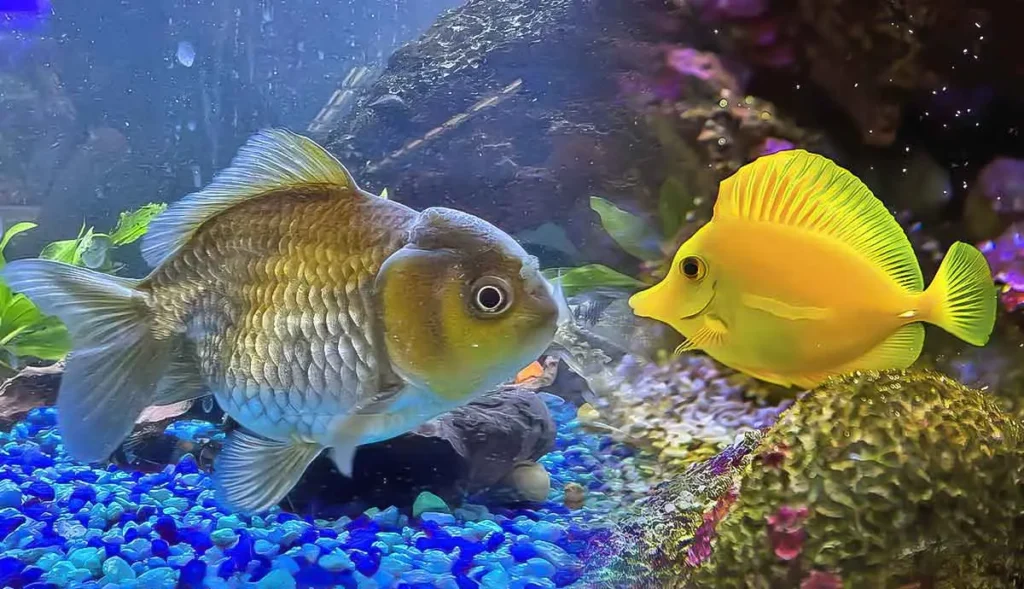Embarking on the journey of discovering freshwater fish species for your aquarium haven opens up a world of wonder and fascination. Whether you’re a seasoned aquarist or a beginner enthusiast, there’s always something new to learn about these aquatic wonders. In this comprehensive guide, we delve into the intricacies of selecting, caring for, and maintaining a diverse range of fish species, ensuring a vibrant and thriving aquarium environment.
Exploring Diverse Freshwater Fish Species
Understanding the Diversity of Freshwater Fish
Freshwater ecosystems are teeming with a myriad of fish species, each boasting unique characteristics and behaviors. From vibrant tropical fish to tranquil bottom dwellers, the diversity of fish species offers endless possibilities for aquarium enthusiasts.
Popular Freshwater Fish Species for Beginners
For those new to the world of aquarium keeping, certain freshwater fish species are particularly well-suited due to their hardiness and ease of care. Species such as the vibrant Neon Tetra, the peaceful Betta fish, and the charming Corydoras catfish are excellent choices for beginners.
Exotic Freshwater Fish Species
For the more adventurous aquarists, exploring exotic fish species can be a captivating endeavor. Species like the stunning Discus fish, the graceful Angelfish, and the majestic Pearl Gourami add an air of elegance and sophistication to any aquarium setup.
Creating the Ideal Aquarium Environment
Aquarium Setup and Maintenance
Establishing and maintaining an optimal aquarium environment is essential for the health and well-being of freshwater fish species. From selecting the right tank size to maintaining water parameters and performing regular maintenance tasks, every aspect plays a crucial role in ensuring a thriving aquatic ecosystem.
Aquascaping Techniques
Aquascaping is the art of arranging aquatic plants, rocks, and decorations in a visually appealing manner within the aquarium. By employing various aquascaping techniques such as the Dutch style, the Nature Aquarium style, or the Iwagumi style, aquarists can create stunning underwater landscapes that mimic natural habitats and provide enrichment for fish species.
Water Quality and Filtration
Maintaining pristine water quality is paramount for the health and vitality of fish species. Adequate filtration, regular water testing, and proper maintenance of filtration equipment are essential tasks to uphold optimal water conditions and prevent issues such as ammonia spikes, nitrate buildup, and algae growth.
Feeding and Nutrition
Understanding Dietary Needs
Providing a balanced and nutritious diet is crucial for the overall health and growth of fish species. Different species have varying dietary requirements, ranging from carnivorous to herbivorous preferences. Understanding the specific dietary needs of each species is essential for ensuring their well-being.
Feeding Strategies
Implementing effective feeding strategies ensures that fish species receive adequate nutrition while minimizing waste and maintaining water quality. Techniques such as feeding small, frequent meals, offering a variety of foods, and using feeding tools like automatic feeders help promote healthy eating habits among aquarium inhabitants.
Supplementary Nutrition
In addition to regular feeding, supplementing fish diets with occasional treats such as live or frozen foods enhances their nutritional intake and provides enrichment. Live foods like bloodworms, brine shrimp, and daphnia are particularly prized by many fish species and can contribute to their overall health and vitality.

Maintaining Fish Health and Wellness
Recognizing Signs of Illness
Monitoring freshwater fish for signs of illness is crucial for early detection and intervention. Common indicators of health issues include changes in behavior, appetite, and physical appearance. Being vigilant and proactive enables aquarists to address potential health concerns promptly and effectively.
Preventive Care Measures
Implementing preventive care measures minimizes the risk of disease and promotes the overall well-being of fish species. Practices such as quarantine procedures for new arrivals, regular water changes, and maintaining optimal water parameters help mitigate stressors and bolster fish immunity.
Seeking Veterinary Care
In cases where freshwater fishes exhibit symptoms of illness or injury, seeking veterinary care from a qualified aquatic veterinarian is paramount. Professional diagnosis and treatment ensure the best possible outcome for affected fish and prevent the spread of disease within the aquarium.
FAQs (Frequently Asked Questions)
- What are some beginner-friendly freshwater fish species?
- Beginner-friendly freshwater fish species include Neon Tetras, Betta fish, Corydoras catfish, and Guppies. These species are relatively hardy and easy to care for, making them ideal choices for novice aquarists.
- How often should I feed my freshwater fish?
- It’s recommended to feed freshwater fish in small amounts multiple times a day, ensuring they consume all food within a few minutes. Overfeeding can lead to water quality issues and health problems, so moderation is key.
- What water parameters are crucial for freshwater fish health?
- Essential water parameters for freshwater fish health include temperature, pH, ammonia, nitrite, and nitrate levels. Maintaining stable water parameters within the appropriate range for each species is essential for their well-being.
- Can different freshwater fish species be kept together in the same tank?
- Compatibility between freshwater fish species varies depending on their temperament, size, and habitat preferences. Researching the specific needs and behaviors of each species is essential before introducing them into a shared aquarium environment.
- How can I prevent algae growth in my aquarium?
- To prevent algae growth, maintain proper lighting duration, implement regular water changes, and avoid overfeeding. Additionally, introducing algae-eating species such as Otocinclus catfish or Nerite snails can help keep algae under control.
- What should I do if my freshwater fish appears sick?
- If your freshwater fish exhibits signs of illness, isolate the affected fish in a quarantine tank and observe closely for any changes. Consult with a qualified aquatic veterinarian for proper diagnosis and treatment options.
Conclusion
Embarking on the journey of discovering freshwater fish species for your aquarium haven is a rewarding experience. By understanding the diverse array of fish species, creating an ideal aquarium environment, and providing proper care and nutrition, aquarists can cultivate thriving aquatic ecosystems teeming with life and beauty. Remember to prioritize the health and well-being of your freshwater fish companions, and enjoy the wonders of underwater exploration in your home aquarium sanctuary.
